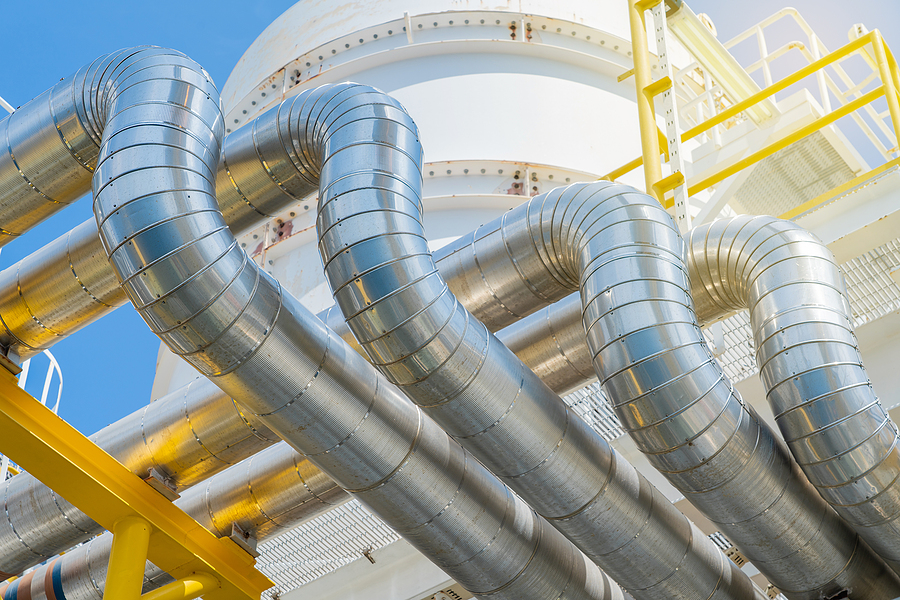
Offshore Energy Integration ‘Could Boost Net Zero Carbon Targets’
Integrating offshore energy systems such as hydrogen and carbon capture and storage, renewables and oil and gas could help deliver around 30 per cent of the UK’s total carbon reduction requirements in order for it to hit its net zero carbon emissions target by 2050.
This is according to a new Energy Integration Report from the Oil and Gas Authority (OGA), revealing that there are now more than 30 energy integration projects already underway across the UK Continental Shelf (UKCS).
The conclusion was drawn that integration would help make technologies valuable where energy production is concerned, as well as reducing greenhouse gases and making them economically more attractive.
The white paper also highlighted the potential for offshore renewables such as tidal, wave and wind to contribute around 30 per cent towards the net zero target, as well – meaning the UKCS could support approximately 60 per cent of the country’s decarbonisation requirements.
OGA chief executive Dr Andy Samuel commented on the findings, saying: “The UKCS has the potential to make a deep and meaningful impact on the UK’s overall net zero target and offshore energy integration can be the game changer.
“By closely coordinating our energy systems, a secure energy supply can continue to be delivered from a diverse mix of production, while unlocking more and more of the green energy and carbon capture needed to help take the UK to net zero.”
Oil and gas capabilities, infrastructure and the supply chain are all essential for energy integration, the report found, with the potential to provide support for more offshore renewables expansion, such as floating wind power.
Carbon capture and storage can be accelerated by reusing oil and gas reservoirs and infrastructure, while blue hydrogen produced from natural gas could potentially decarbonise about 30 per cent of the country’s natural gas supply by 2050.
Production efficiency on the UKCS has improved for the seventh year in a row, reaching 80 per cent last year, three years ahead of its 2022 target. Every region of the UKCS saw a rise in 2019, apart from West of Shetland, which registered no change.
The rise was put down to a 25 per cent reduction in production losses, as well as a reduction in plant losses of 29 per cent, while planned shutdowns ran to schedule and just 1 per cent overran on planned time. Every region of the North Sea registered a rise in actual wellhead production, apart from the Southern North Sea.
Enhanced production efficiency is often linked to lower emissions intensity on production facilities. Since 2014, improvements of 23 per cent have been seen in this regard, contributing to approximately a ten per cent reduction in carbon emissions per barrel of oil produced over the same timeframe.
Looking for fuel oil distributors at the moment? Get in touch with Re:Group today.
